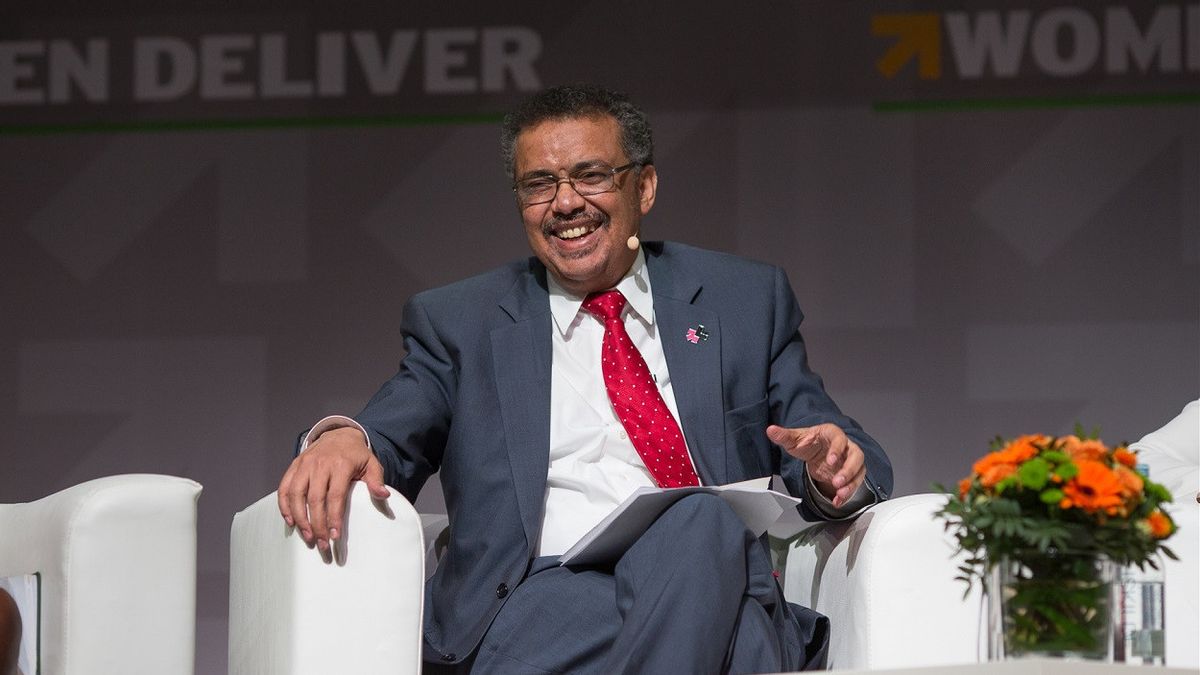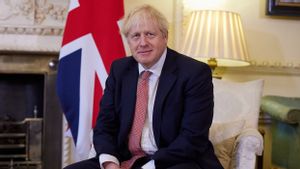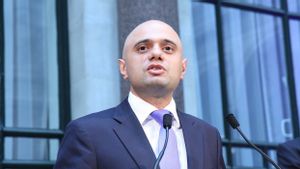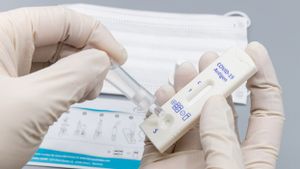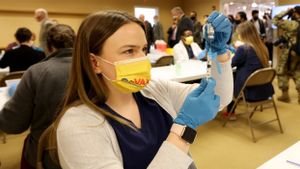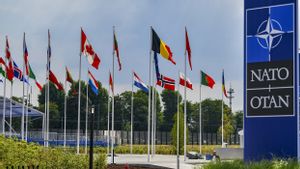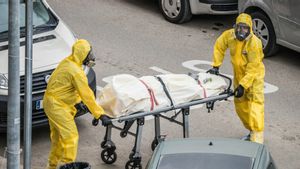JAKARTA - The Omicron variant of the coronavirus is spreading faster than the Delta variant, causing infection in people who have been vaccinated or who have recovered from the COVID-19 disease, the head of the World Health Organization (WHO) said Monday.
"There is now consistent evidence that the Omicron variant spreads significantly more rapidly than the Delta variant," said WHO Director-General Dr. Tedros Adhanom Ghebreyesus in a briefing to reporters based in Geneva, Switzerland, reports Reuters December 21.
"And it's very likely that people who were vaccinated or recovered from COVID-19 could be infected or re-infected," he said.
Meanwhile, WHO Chief Scientist Soumya Swaminathan said it would be unwise to conclude from preliminary evidence that Omicron is a lighter variant than the former.
"With the number (of infections) rising, all health systems will be under pressure," said Soumya Swaminathan.
This variant manages to evade some immune responses, he said, meaning booster programs being launched in many countries should be targeted at people with weaker immune systems.
Their comments echo the findings of a study by Imperial College London which last week said the risk of reinfection was more than five times higher and showed no signs of being milder than Delta.
However, WHO officials say other forms of immune vaccination can prevent infection and disease.
While antibody defenses from multiple actions have been compromised, there is hope that T-cells, the second pillar of the immune response, can prevent severe disease by attacking infected human cells.
"Although we saw a reduction in neutralizing antibodies, almost all initial analyzes showed T-cell-mediated immunity remained intact, which is what we really needed," WHO expert Abdi Mahamud added.
However, highlighting how little is known about how to deal with the new variant that was only detected last month, Swaminathan also said: "Of course there are challenges, many monoclonals won't work with Omicron."
He gave no details when referring to treatments that mimic natural antibodies to fight infection. Several drugmakers have suggested the same.
Meanwhile, in the short term Dr. Tedros said holiday celebrations in many places would lead to "an increase in cases, an overwhelmed health system and more deaths" and urged people to postpone gatherings.
"A canceled event is better than a canceled life," he said.
But the WHO team also offers some hope to a world-weary of the new wave that 2022 will be the year that the pandemic, which has so far killed more than 5.6 million people worldwide, will end.
It points to the development of second and third-generation vaccines, and the further development of antimicrobial treatments and other innovations.
"(We) hope to turn this disease over to a relatively mild disease that's easy to prevent, that's easy to treat," said Mike Ryan, WHO's lead emergency expert.
"If we can keep the transmission of the virus to a minimum, then we can end the pandemic," he said.
SEE ALSO:
However, Dr. Tedros also said China, where the SARS-CoV-2 coronavirus was first detected in late 2019, should come up with data and information regarding its origin to help forward response.
"We need to continue until we know the origins, we need to push harder because we have to learn from what is happening now to be better in the future," said Dr. Tedros.
The English, Chinese, Japanese, Arabic, and French versions are automatically generated by the AI. So there may still be inaccuracies in translating, please always see Indonesian as our main language. (system supported by DigitalSiber.id)
